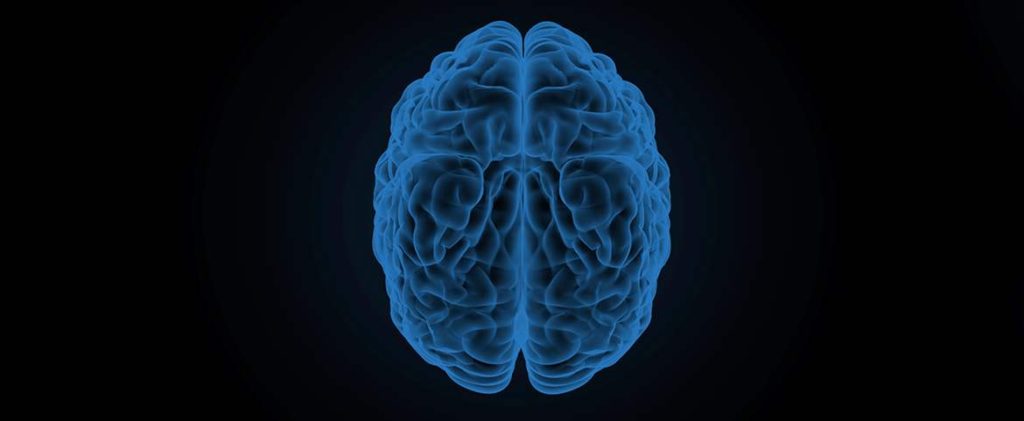Types of Dementia

Providing proper care for a person experiencing dementia is much more difficult without understanding what is happening to them and, where possible, why. This series of pages will give you a basic understanding of most major types of dementia, including symptoms and common pathologies.
Though it is sometimes mistakenly referred to as a disease in and of itself, dementia is actually a group of symptoms that can be caused by a variety of diseases. The major symptoms that comprise dementia are impairment of memory, judgment, motor skills and general functions related to logic and thought. These symptoms are caused when brain cells (neurons) die or are damaged, though there are many ways this damage can occur.
Dementia’s effects and progression can vary widely depending on the condition causing it and the location and extent of damage to the brain. Some dementias have a slow progression that may take years to show symptoms while others may result in a rapid functional decline.
The Six Most Common Forms of Dementia
Alzheimer's Disease
The sixth leading cause of death domestically, Alzheimer's affects more than 5 million individuals in the United States alone.
Chronic Traumatic Encephalopathy
A form of dementia connected with repetitive head traumas and concussions.
Frontotemporal Dementia
Frontotemporal dementia is often responsible for early-onset dementia cases.
Parkinson's Disease
Symptoms such as muscle rigidity, tremors and changes in speech and gait are common.
Vascular Dementia
Causes a decline in cognitive skills due to brain cell damage due to circulatory problems.
Lewy Body Dementia
A common form of dementia combining Alzheimer's-like cognitive symptoms and Parkinson's-like motor issues.


